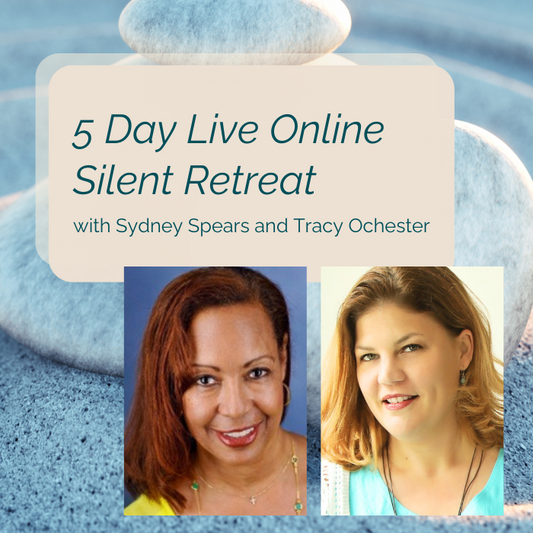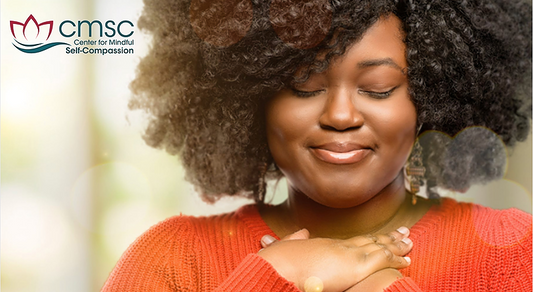We, humans, often react by going to extremes.
On one end of the spectrum, we can fall into despair, becoming overwhelmed with pain and grief, unable to be present with things as they are. On the other end of the spectrum, we can bury our heads in the sand and push away any awareness of the suffering around us. Maybe we spend every waking hour at work, fixated on a project, or we drink or eat a little too much, or binge watch our favorite shows. Either extreme keeps us from being present with things as they are, just in different ways. And why would we even want to stay present in difficult circumstances? Because being present with things as they are doesn’t trigger the added layer of suffering that comes from trying to avoid or ignore painful circumstances. Difficult times are an inevitable part of being a human being. None of us get through life untouched by discomfort, loss, grief and death. So when we attempt the impossible, by trying to ignore or avoid this reality, we create more suffering for ourselves and for others.But we can take a different path – we can really show up in our lives.
I believe that wisdom and compassion are the key ingredients as we learn to stay with the reality of any present moment. Wisdom, or opening to things as they are, gives us a balanced awareness of reality. Then we can open to, and hold, pain and suffering, because we are also able to open to the beauty of life and know we’re interconnected and supported by life around us. How the trees breathe out the oxygen we need and breathe in what we exhale, for example. Seeing the bigger picture gives us some stability – we see that we are more than clouds in the sky, we are the sky itself. And the sky will be visited by storms and sunshine.And once we’ve begun to open up in this way, in my experience, what naturally follows is compassion.
Much as we might wish to control the natural world around us, or our health, or the behavior of our partner, we’re just not that powerful. So any effort to exert control just manifests as resistance to reality, and increases suffering. Of course, this doesn’t mean we don’t take action where possible. In fact, when we’re present, we can see a situation more clearly and take the next right action, without the attachment to a certain outcome. We show up with acceptance, love and compassion. We offer our presence and caring to those who are suffering, including ourselves. And when we begin to feel overwhelmed, we can ground in mindfulness and clear seeing. We can see the urge to fix or avoid and we can stay present instead. We can simply stay present to the sensation of the warm soapy water as we do the dishes, or to the sensations on the soles of our feet as we stand or walk. Whatever we are in the midst of, we can be fully present, even if only for just this moment. We don't stay caught in reactivity, rather we feel the urges, resist the urges, and in the space of non-reactivity we begin to understand our patterns. We see the natural results of our patterns and we begin to see another way. A more skillful way of being with the difficulty for ourselves and others. We can offer ourselves a supportive touch, perhaps holding our own hand, and some comforting and reassuring words. If the words are difficult to find, we can imagine what we’d long to hear from a compassionate friend, then offer this same message to ourselves.The beauty of self-compassion is that it primes us to be able to stay with the pain that comes with being in relationships where suffering is present.
When we can stay, truly stay, with an open heart, we can offer others the gift of our loving, connected, presence. We may not be able to fix the pain, or make it go away, but we can be with it, with the spirit of courage and an open heart. We can see the bigger picture and discern what is truly needed. Then offer whatever we can. Remember that even though each of us may only be one drop of water, the river of compassion is composed of many, single drops, coming together. Wishing you warmth, connection and presence in all of your life, whatever your circumstances.© Michelle Becker, WiseCompassion.com





